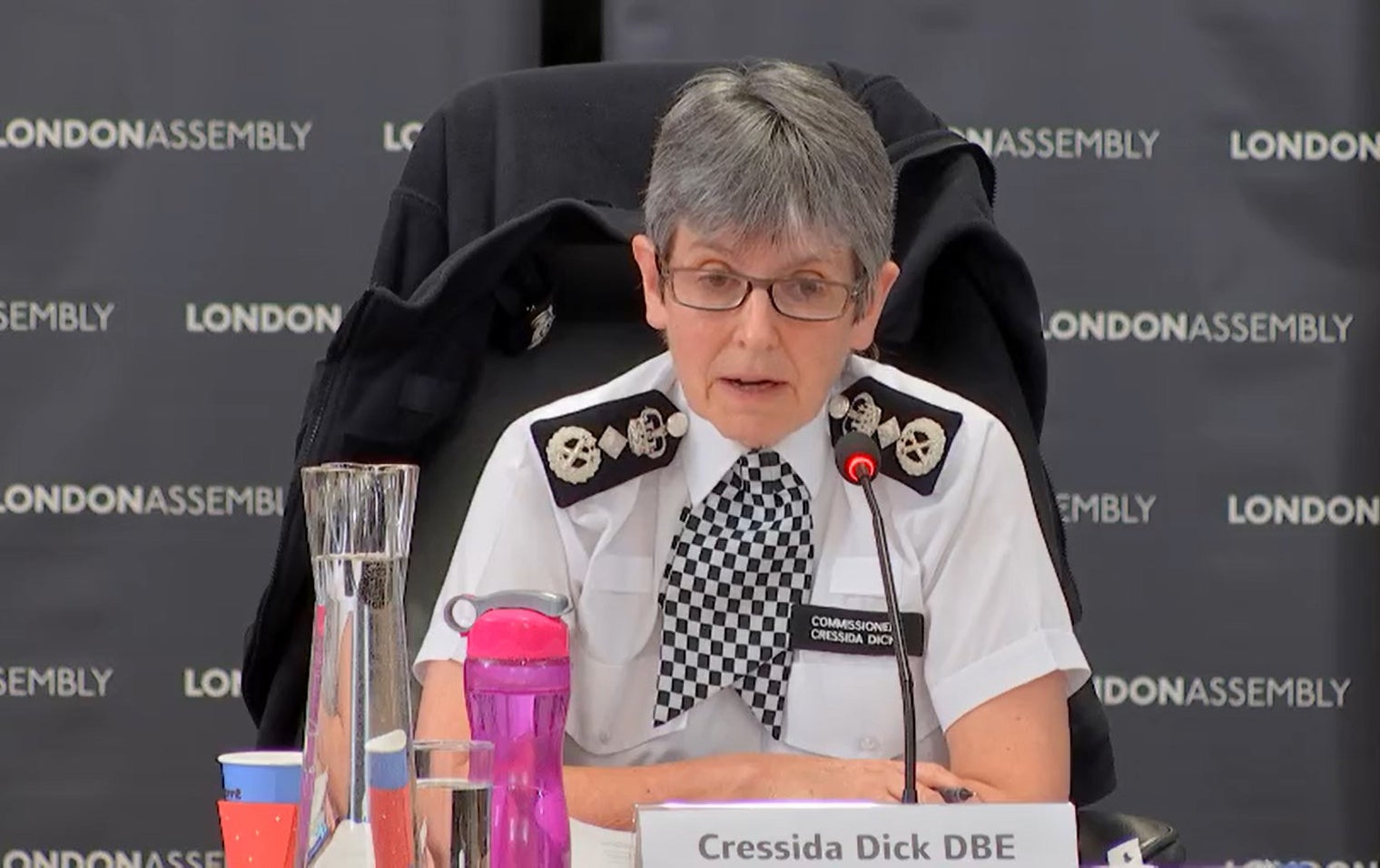Police investigation brings the end of Boris Johnson’s premiership nearer
Now that the alleged lockdown parties are a potentially criminal matter, the prime minister’s position has become more perilous, writes John Rentoul


If 54 Conservative MPs were going to demand a vote of confidence in Johnson’s leadership when Sue Gray’s report came out, it might be thought that they would do so now. The prospect of the police investigating whether the prime minister broke the law during lockdowns puts a lot of pressure on MPs to do whatever they can to make the bad headlines stop.
On the other hand, Michael Ellis, the paymaster general (an antique title bestowed on the “minister for replying to questions about scandals in parliament”), pleaded with Tory MPs to assume Boris Johnson is innocent unless proven otherwise. Some MPs might be persuaded that they should wait until the police have completed their inquiries, but I had assumed that there were enough who had already made up their minds to trigger a vote of confidence.
Today, the Metropolitan Police commissioner, Cressida Dick, said that she thinks there is a strong case that the law has been broken. Given how reluctant the police were to get involved, after they made fools of themselves in pursuing the doomed cash-for-peerages allegations against Tony Blair 16 years ago, she needed wild horses to drag her to water.
So when she said the police would investigate only “the most serious and flagrant type of breach” of lockdown regulations, and only if three tests were met, it was not looking good for the prime minister. Especially when those tests included “where there was little ambiguity around the absence of any reasonable defence”.
Yes, Johnson is innocent unless proven guilty, but he has already admitted that the “work event” in the Downing Street garden should not have gone ahead, and the political reality is that this investigation is only going to generate news coverage damaging to the government for the foreseeable future. Public opinion has made up its mind, and any attempt to excuse the prime minister – “it was only a slice of cake” – looks like sophistry and only reinforces the view that people in government thought the rules applied differently to them.
It was ambiguously significant that David Davis, who put himself at the head of the Tory rebellion last week, said that the police investigation was a “nightmare”, that “we have to be able to get back to dealing with real threats as quickly as possible”, but still did not say that he has written to Sir Graham Brady, the chair of the 1922 Committee. A change of prime minister would seem to be the obvious way of getting back to “dealing with real threats”, from Davis’s point of view.
The police investigation can only have shifted that fundamental calculation against Johnson – and yet Davis is still reluctant to strike. It may be that the 54 letters will materialise over the next few days. Or it may be that enough MPs have decided, by doing nothing, to do this the long, difficult and damaging way – by getting rid of Johnson after the local elections, or after the local elections next year, or after the police investigation concludes, or after another crisis.
To keep up to speed with all the latest opinions and comment, sign up to our free weekly Voices Dispatches newsletter by clicking here
But Tory MPs do seem to have decided that Johnson is not going to lead them into the next election, in which case the argument for changing leader as soon as possible seems overwhelming. Or, at least, it seems overwhelming to me, but obviously not overwhelming enough, yet, for a critical mass of the parliamentary Conservative Party – the 15 per cent needed to trigger the vote of confidence.
Leaving aside the principled view about waiting for due process, the political arguments for delay seem unconvincing to me. One common argument is that there is no consensus on who should take over as prime minister. This just isn’t true: Rishi Sunak is popular with MPs, party members and the wider electorate. It is not often that a party has those three ducks in a row.
The slightly more persuasive argument is that Sunak doesn’t want to take over now. He would rather Johnson took the boos for putting up taxes and losing the local elections before stepping in with clean hands later. I can see that the chancellor wouldn’t want to fight a leadership election defending the tax rise – or answering questions about why he was at the prime minister’s birthday party in June 2020, even though he was “not invited”. But these feel like excuses.
More persuasive still is the argument that throwing Johnson overboard wouldn’t stop the bad news. Of course it wouldn’t, but that only takes us back to the fundamental question about the prime minister, which is that Tory MPs don’t think he can win the next election. There is no guarantee that Sunak would win it instead, but if they think he has a better chance than Johnson, Tory MPs ought to get on with it.
They can do it the quicker and easier way or the slower and harder way, but I still think they will do it.
Join our commenting forum
Join thought-provoking conversations, follow other Independent readers and see their replies
Comments
Bookmark popover
Removed from bookmarks